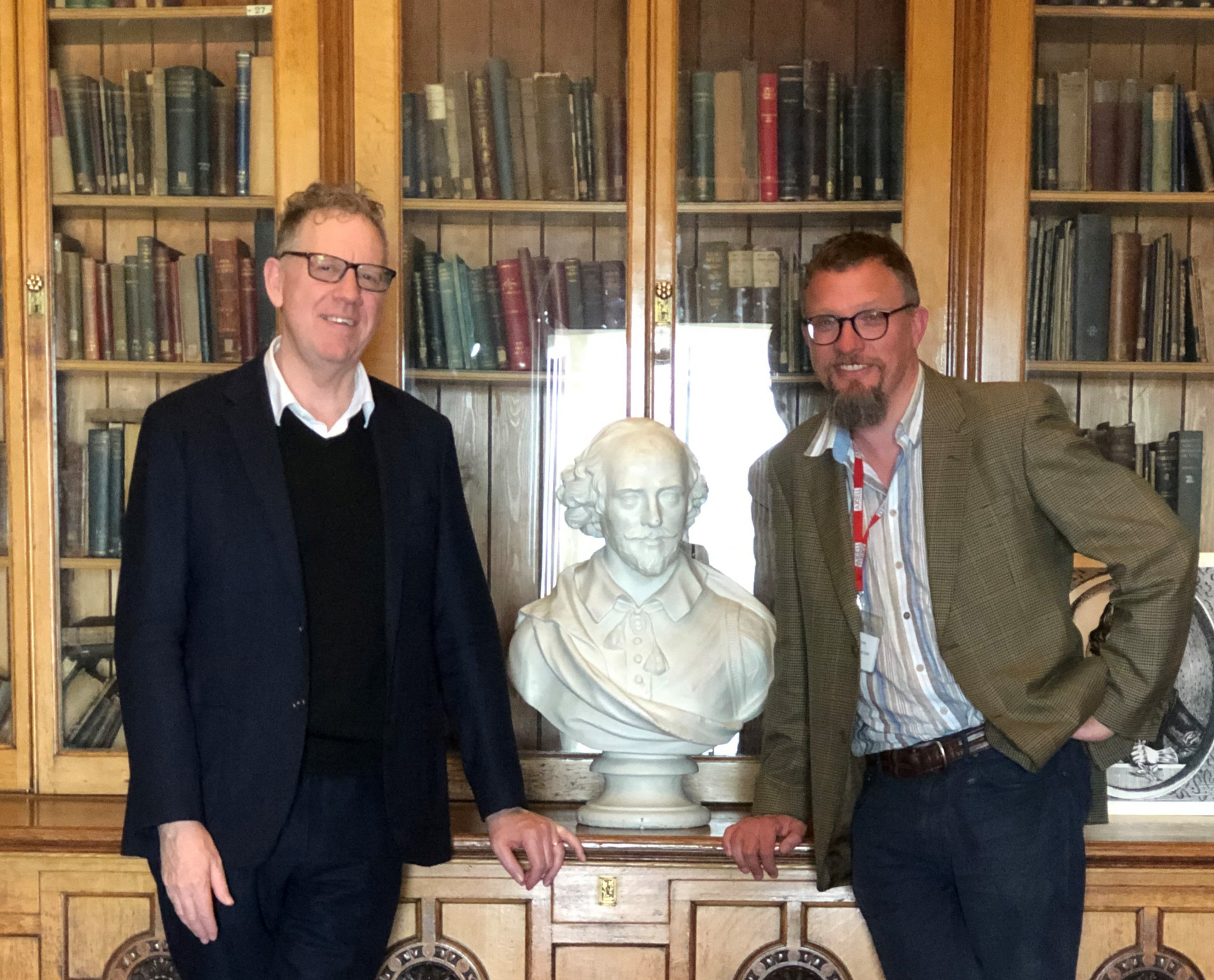Professor Ewan Fernie, says that "Brummagem Dawson" speaks across the 150 years since his death, and looking at his lectures you can see why. Here are a few quotes from one of his lectures entitled “What is Philosophy.”
* Some men, for instance, look back upon the middle ages and fancy that the people were all happy then; they talk much about “merry England" and long to bring back “the good old time," and to this end they come forward with a cricket ball in one hand and alms in the other. These men seem to think that if people could only be brought to look, speak and dress as they did in these old times all would be well.
* Some people talk much about the fine old customs, and sigh for the days of roast beef and good ale, when the barons kept open houses; and they seem to think if they had lived in the middle ages they must have been great men.
* All this teaches us not to study history as a mere catalogue of facts, but ever to bear in mind that the old Jew, Greek, Roman and Spaniard were one with us in nature, and that the chief differences between them and us are in matters of dress and fashion_ in externals and accidentals.
* There are some who, having raised themselves from the bottom of society are anxious to kick away the ladder by which they acended, in order that it may be supposed they were born in their present position. These are the men who are often opposed to educating the people. They forget the "rock from whence they were hewn, and the hole of the pit whence they were digged." When they were at the bottom of society they were all for change.... but when they get higher they see no reason at all for change...
* Some people, again, will go to Bible Meetings, and proclaim that every man ought to have a Bible and read it for himself; and the same people will go home and debate whether the Common People should have a spelling book. They would give all men the greatest book, and then demur to placing in their hands a book of geography.”
* The notion that the good things of life should be the commonest is spreading, and it is a deep truth of Philosophy that we should try to make every good thing as common as possible.
* But man must progress. While the stream is frozen the stick is stationary; but while the stream runs the stick is borne along; and man must be carried forward while the stream of time continues.



